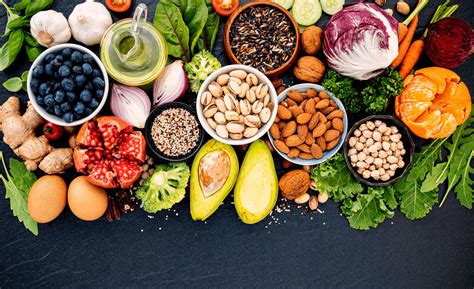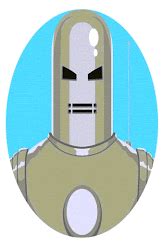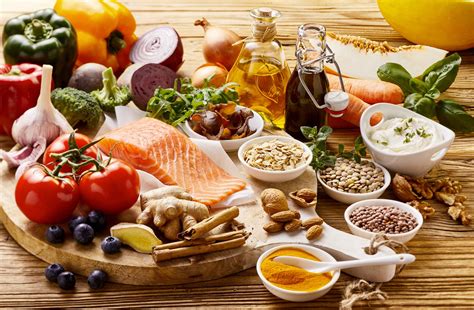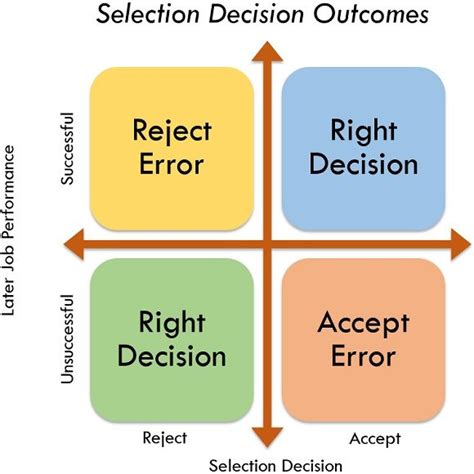What nutrition naturally optimizes testosterone for peak male vitality & performance?

For men seeking to enhance their vitality, energy, and overall performance, optimizing testosterone levels naturally through diet is a powerful and sustainable strategy. Testosterone, the primary male sex hormone, plays a critical role in muscle mass, bone density, libido, mood, and cognitive function. While synthetic options exist, a well-calibrated nutritional approach can provide the building blocks and regulatory signals your body needs to produce this vital hormone efficiently.

The Foundational Nutrients for Testosterone Production
Your body’s ability to synthesize testosterone is heavily reliant on a consistent supply of specific micronutrients and macronutrients. Neglecting these can lead to suboptimal hormone levels.
Zinc: The Essential Mineral
Zinc is a critical mineral involved in numerous bodily functions, including immune response, protein synthesis, and crucially, testosterone production. Studies have shown a direct link between zinc deficiency and low testosterone. It’s thought to influence the release of luteinizing hormone (LH), which signals the testes to produce testosterone.
Food Sources: Oysters are famously rich in zinc. Other good sources include red meat, poultry, beans, nuts (like cashews and almonds), and whole grains.
Vitamin D: The Sunshine Hormone’s Ally
Often referred to as the “sunshine hormone,” Vitamin D is not just for bone health; it’s a steroidal hormone itself and a precursor to testosterone. Research indicates that men with adequate Vitamin D levels tend to have higher testosterone. Its role extends to supporting the enzymes involved in the conversion of cholesterol to testosterone.
Food Sources: Fatty fish (salmon, mackerel, tuna), fortified milk and cereals, and egg yolks. Sunlight exposure remains the most natural way to boost Vitamin D, but supplementation may be necessary for many.

Magnesium: Beyond Muscle Function
Magnesium is a vital mineral that participates in over 300 biochemical reactions in the body. For testosterone, it plays a key role by reducing sex hormone-binding globulin (SHBG). SHBG binds to testosterone, making it inactive. Higher magnesium intake can lead to more free (bioavailable) testosterone.
Food Sources: Leafy green vegetables (spinach, kale), nuts (almonds, cashews), seeds (pumpkin, chia), legumes, and whole grains.
Healthy Fats: Not All Fats Are Equal
Contrary to old beliefs, healthy fats are crucial for hormone production, including testosterone. Cholesterol is the precursor molecule for all steroid hormones, and adequate intake of healthy fats ensures your body has the raw material. Focus on monounsaturated (MUFAs) and polyunsaturated fats (PUFAs), especially Omega-3s.
Food Sources: Avocados, olive oil, nuts (walnuts, almonds), seeds (flax, chia), and fatty fish (salmon, sardines).

Protein Power: Amino Acids for Hormones
Protein is essential for building and repairing tissues, and it also plays an indirect but important role in hormone health. Adequate protein intake supports overall metabolic function and can prevent muscle loss, which is often associated with declining testosterone. Amino acids are the building blocks, and a balanced diet ensures all essential amino acids are present.
Food Sources: Lean meats, poultry, fish, eggs, dairy, legumes, and plant-based protein sources like quinoa and tofu.
Beyond Individual Nutrients: A Holistic Dietary Approach
While specific nutrients are vital, the overall quality of your diet matters immensely. A holistic approach focusing on whole, unprocessed foods supports not just testosterone but entire endocrine system health.
- Limit Processed Foods and Sugars: These can contribute to inflammation, insulin resistance, and weight gain, all of which negatively impact testosterone levels.
- Embrace Antioxidant-Rich Foods: Berries, colorful vegetables, and spices help combat oxidative stress, which can damage Leydig cells (testosterone-producing cells in the testes).
- Prioritize Fiber: Found in fruits, vegetables, and whole grains, fiber aids digestive health and can help regulate blood sugar, indirectly supporting hormone balance.

Foods to Emphasize for Testosterone Support
Integrating these power-packed foods into your daily meals can make a significant difference:
- Oysters: Top source of zinc.
- Fatty Fish (Salmon, Mackerel, Sardines): Rich in Vitamin D and Omega-3s.
- Eggs: Contain Vitamin D, healthy fats, and protein.
- Leafy Green Vegetables (Spinach, Kale): Excellent for magnesium.
- Avocados: A powerhouse of healthy monounsaturated fats.
- Berries: High in antioxidants.
- Cruciferous Vegetables (Broccoli, Cauliflower): Contain compounds like Indole-3-Carbinol (I3C) that help regulate estrogen, indirectly supporting testosterone.
- Nuts and Seeds: Provide zinc, magnesium, and healthy fats.

Conclusion: Empowering Your Vitality Through Nutrition
Optimizing testosterone naturally is not about quick fixes; it’s about adopting a sustainable, nutrient-dense diet that provides your body with the essential building blocks for hormonal health. By prioritizing foods rich in zinc, Vitamin D, magnesium, and healthy fats, alongside a holistic approach to whole foods and limiting processed options, men can significantly enhance their vitality, performance, and overall well-being. Consult with a healthcare professional or registered dietitian to tailor a nutritional plan that best suits your individual needs and health goals.








